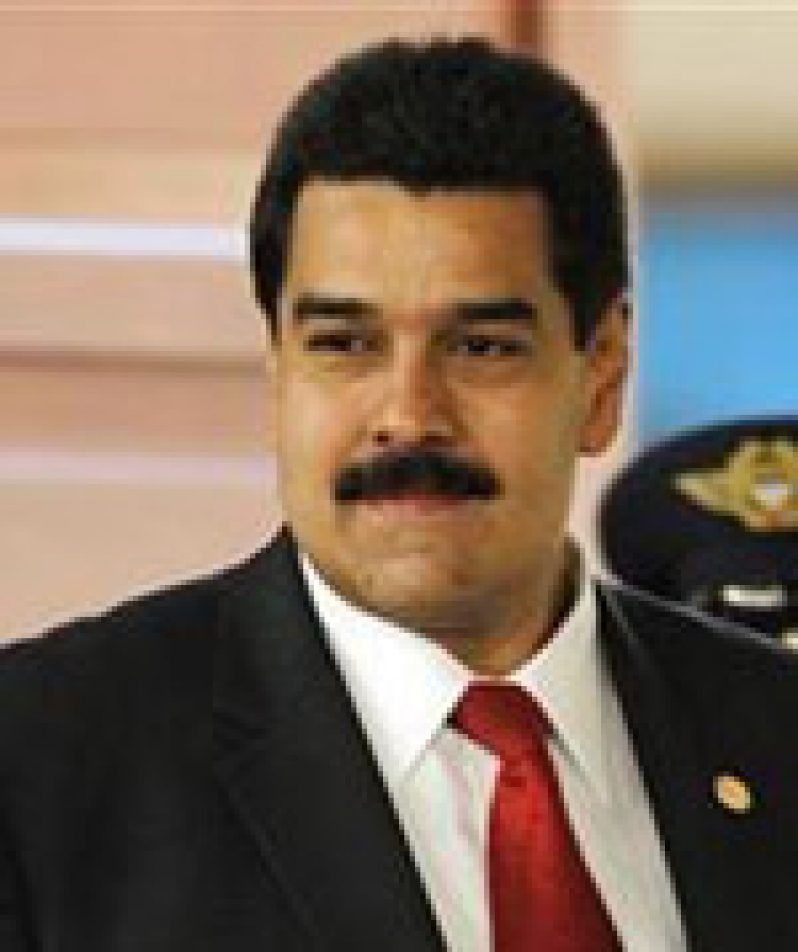THE GOVERNMENT of the USA should seriously reconsider its diplomatic stand-off with the administration in Caracas, now extended to its reservations over the recent presidential poll that resulted in a very close victory, less than two percent, for Nicolas Maduro, successor to the late President Hugo Chavez.
 As it is, the Barack Obama administration’s decision not to send a representative at last Friday’s inauguration of President Maduro has placed the US in the same category of the official opposition party of the defeated Henrique Capriles in questioning the validity of the declared results.
As it is, the Barack Obama administration’s decision not to send a representative at last Friday’s inauguration of President Maduro has placed the US in the same category of the official opposition party of the defeated Henrique Capriles in questioning the validity of the declared results.
In sharp contrast was the overwhelming response by all 33 member nations of CELAC—(Community of Latin America and Caribbean States)—among them Heads of State, as well as various delegations from Europe, Asia, Africa and the Middle East.
Britain’s Foreign Secretary, William Hague, has assured President Maduro in a published message that the United Kingdom “looks forward to working with the government and people of Venezuela to strengthen our relationship and deepen cooperation in areas of mutual interest”.
In sharp distinction to the sour note publicly struck by US Secretary of State, John Kerry, to withhold US recognition of Maduro’s presidency, the UK Foreign Secretary also alluded to the post-election violence that had erupted and called “on all sides to work together to reduce tensions and to prevent further incidents…”
It is a pity that the second term administration of President Obama should have chosen to extend the poor relations that existed between Washington and Caracas right up to the passing last month of President Chavez. Despite, that is, the firm assurance given by President Maduro, prior to and at his official inauguration, to ensure, as required by the Venezuelan constitution, an “audit of the election results”.
An objective assessment of Venezuela’s politics and related diplomatic initiatives of the past 14 years under President Chavez would reveal the extent to which this oil-rich nation of the Greater Caribbean had succeeded, warts and all, in consolidating bonds of friendship among Latin America and Caribbean nations, even as political tension prevailed in Washington/Caracas relations.
With Chavez, who had further deepened Caracas-Havana ties, gone, and Maduro as President, Venezuela is far too important a player in this region for Washington to be perceived as being more reluctant, than willing, to influence a change in relations.
It is understandable that President Maduro would have reaffirmed his commitment to the Chavez-initiated and sustained policies he inherited. But the US seems anxious to side with the politics of his opponent and ignored that both Maduro and Capriles had agreed to respect the constitutional position for an audit of the election results.
We look forward to enlightend diplomacy that could bring an end the current unhelpful negative relations between Washington and Caracas which could also affect other nations in this hemisphere.
(Reprinted courtesy Daily Nation of Barbados)



.jpg)








